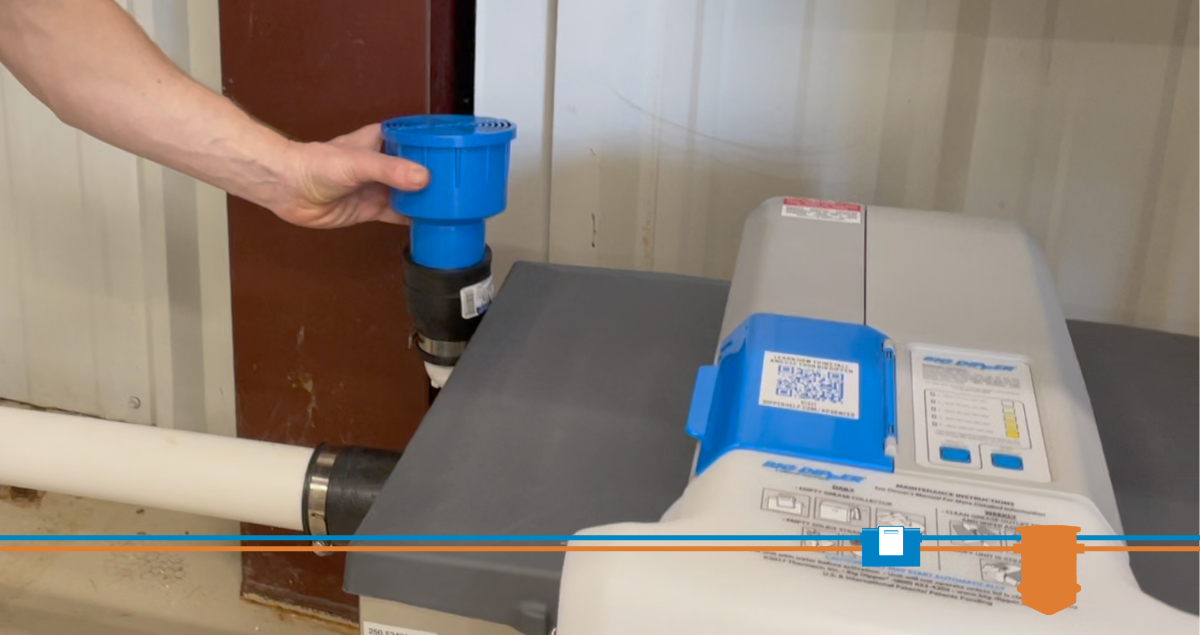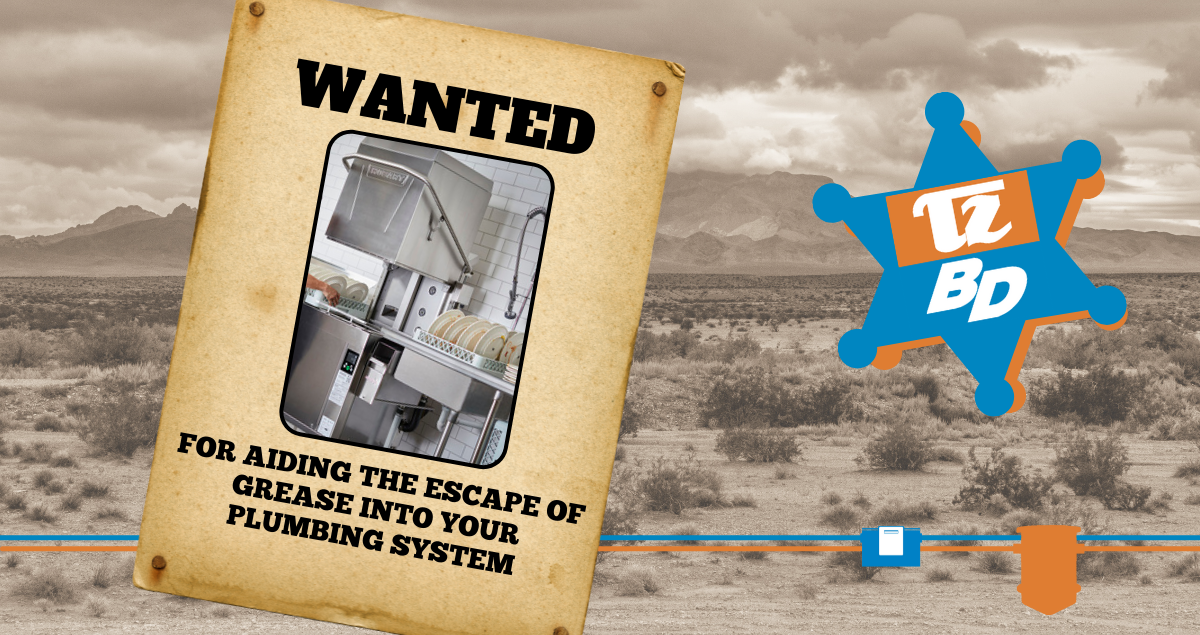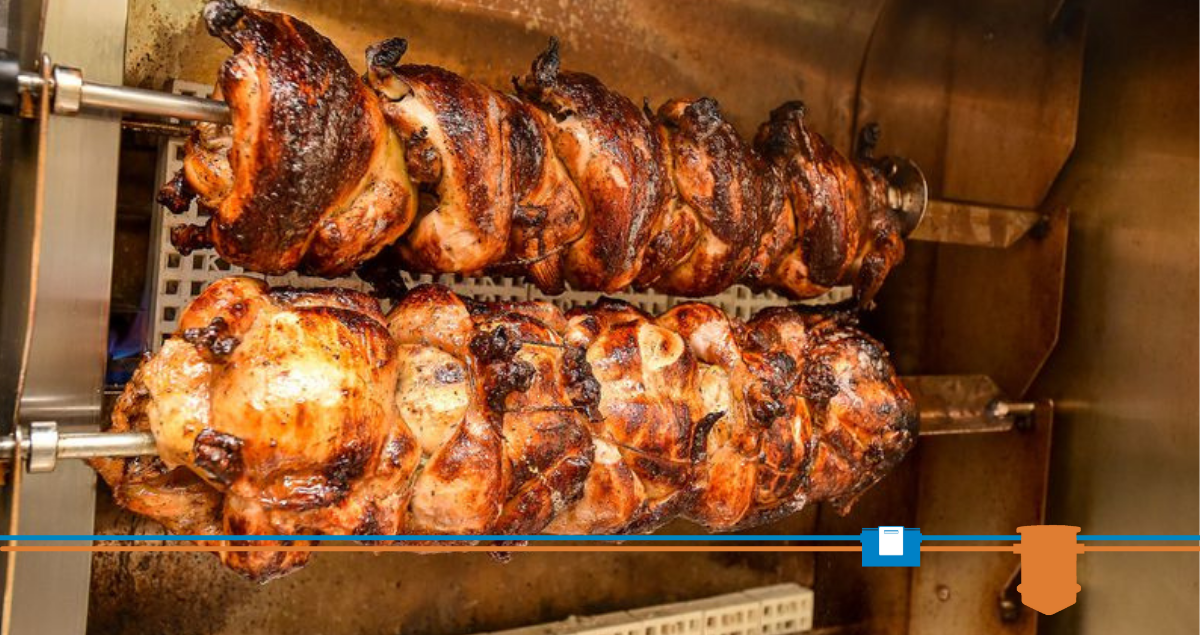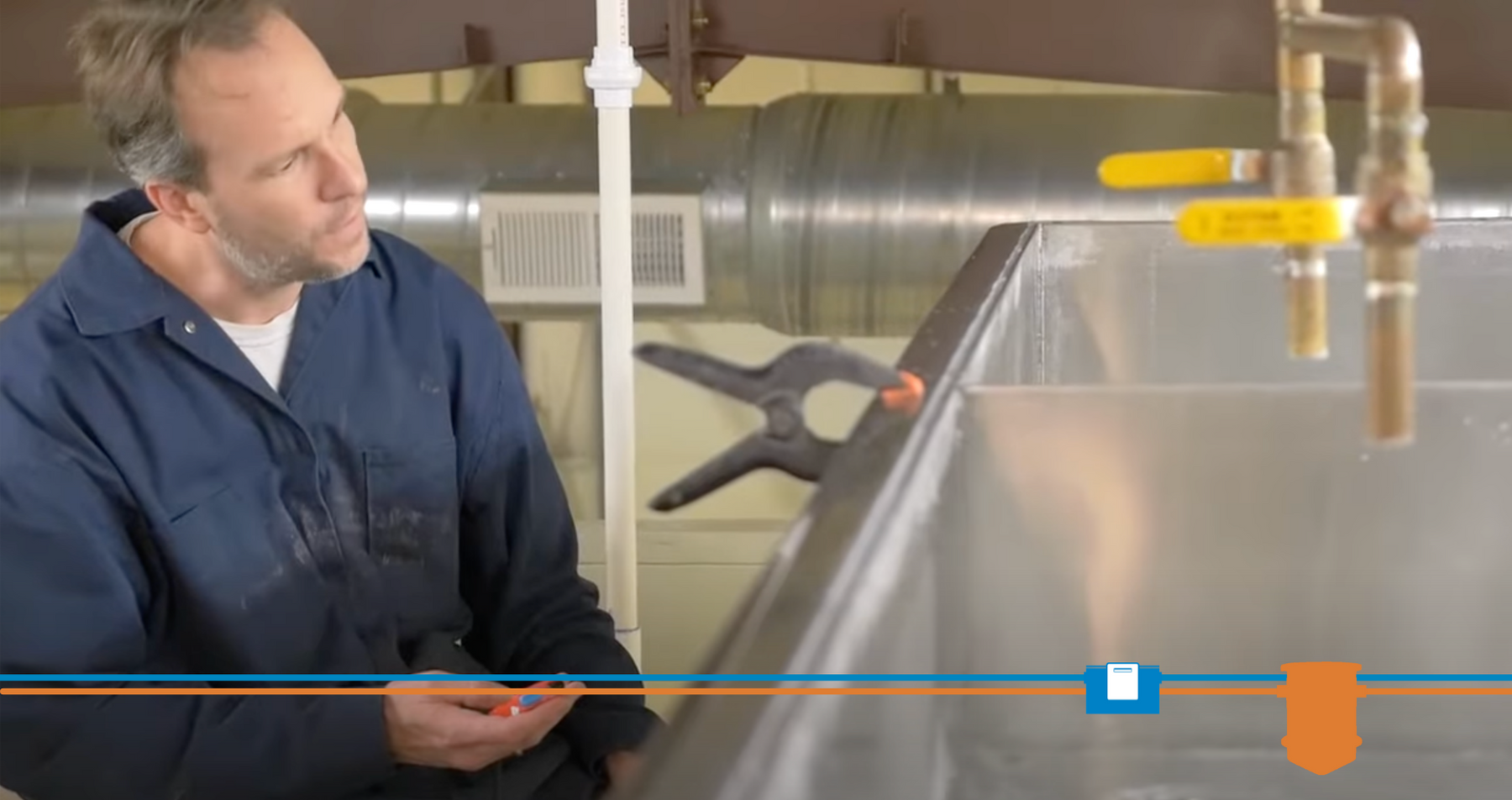Five ways to make your commercial kitchen safer
- Jun 9, 2015
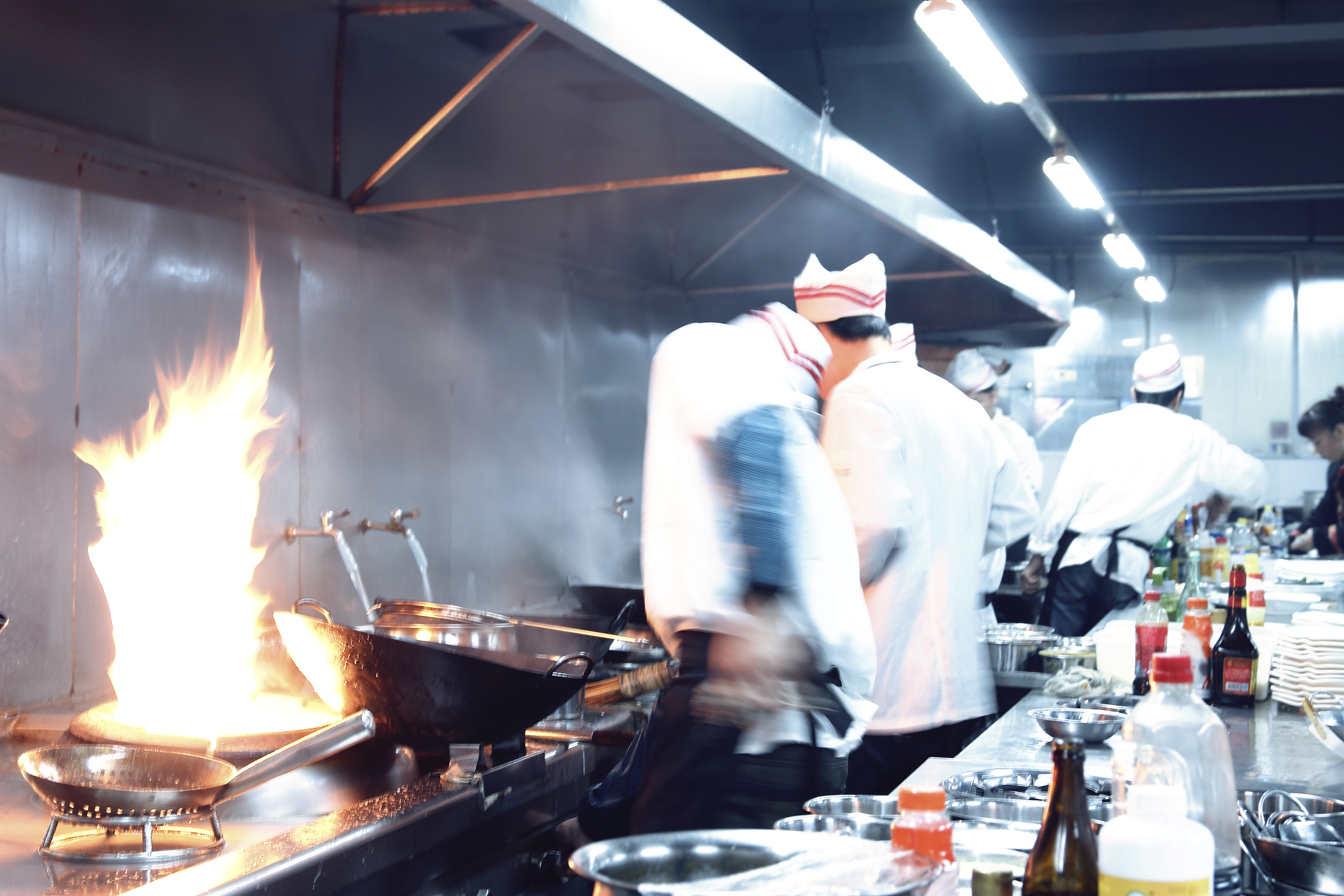 Picture a commercial kitchen during peak rush -- the staff hurriedly prepares food while wait staff bustles in to retrieve orders and bring in stacks of dirty dishes, all in the presence of hot ovens, slippery floors and boiling pots.
Picture a commercial kitchen during peak rush -- the staff hurriedly prepares food while wait staff bustles in to retrieve orders and bring in stacks of dirty dishes, all in the presence of hot ovens, slippery floors and boiling pots.
So, what can you do to make sure your kitchen is as safe as possible? Check out the tips below. Read on to learn some basic safety principles and tips that can help reduce the risk of injury, decrease insurance costs and keep your commercial kitchen running smoothly.

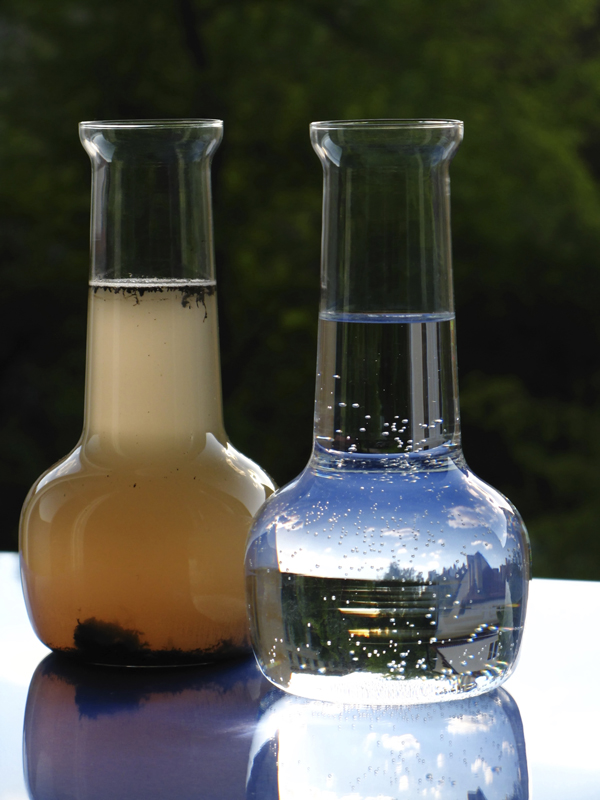 Don’t accuse a plumbing inspector (PI) of blindly following a bloated set of bureaucratic rules for no good reason. Yes, a plumbing inspector’s job is to enforce the plumbing code. Yes, a plumbing inspector will likely be suspicious of anything that deviates from that code.
Don’t accuse a plumbing inspector (PI) of blindly following a bloated set of bureaucratic rules for no good reason. Yes, a plumbing inspector’s job is to enforce the plumbing code. Yes, a plumbing inspector will likely be suspicious of anything that deviates from that code. Commercial rotisserie ovens, which are popping up in more grocery stores as well as some restaurants and institutional settings, bring with them some unusual challenges when it comes to managing grease. Seasonal fluctuations in demand for rotisserie-cooked poultry pose some unusual challenges for grease removal, which a new Big Dipper feature resolves.
Commercial rotisserie ovens, which are popping up in more grocery stores as well as some restaurants and institutional settings, bring with them some unusual challenges when it comes to managing grease. Seasonal fluctuations in demand for rotisserie-cooked poultry pose some unusual challenges for grease removal, which a new Big Dipper feature resolves.  Dr. A. Robert “Bob" Rubin is an emeritus professor and former extension specialist in the Department of Biological and Agricultural Engineering at North Carolina State University. He spent more than a quarter century there doing research, teaching and public service. He’s testified before Congress, spoken to international meetings of researchers and policy experts and been honored by the U.S. Environmental Protection Agency for his service. He was kind enough to talk to us about the changes he’s seen in the last 30-plus years in wastewater treatment and what he expects in the coming years.
Dr. A. Robert “Bob" Rubin is an emeritus professor and former extension specialist in the Department of Biological and Agricultural Engineering at North Carolina State University. He spent more than a quarter century there doing research, teaching and public service. He’s testified before Congress, spoken to international meetings of researchers and policy experts and been honored by the U.S. Environmental Protection Agency for his service. He was kind enough to talk to us about the changes he’s seen in the last 30-plus years in wastewater treatment and what he expects in the coming years.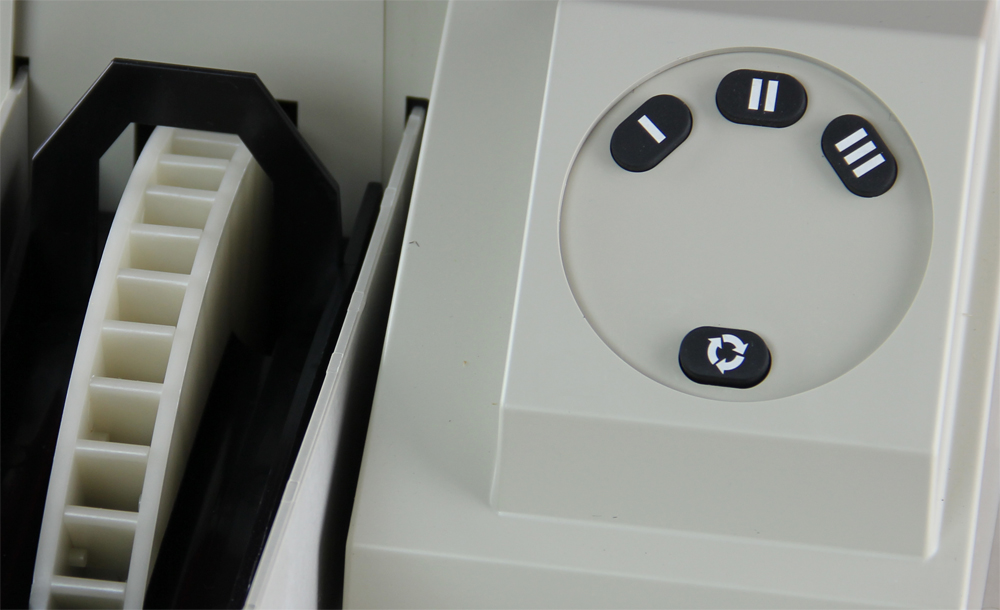 In the three decades since Thermaco developed the innovative Big Dipper grease interceptor, more than 33,000 units have been installed in commercial kitchens around the world.
In the three decades since Thermaco developed the innovative Big Dipper grease interceptor, more than 33,000 units have been installed in commercial kitchens around the world. 
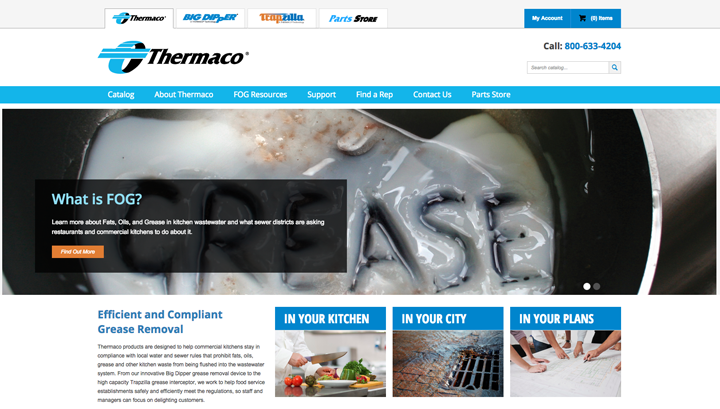 Why we redesigned the Thermaco website
Why we redesigned the Thermaco website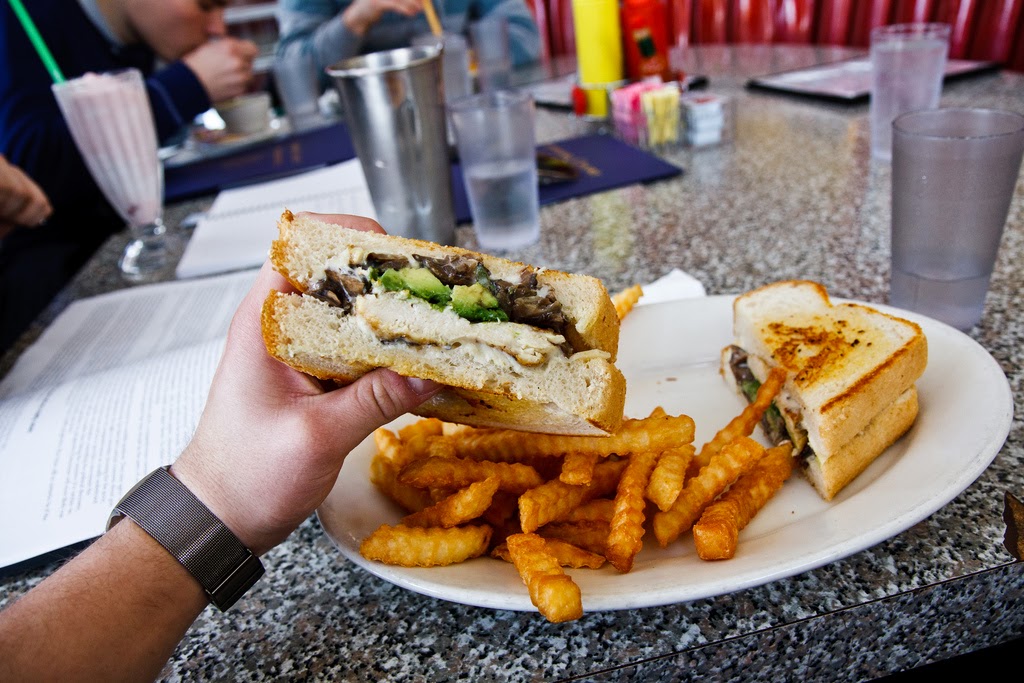 Changing demographics and lifestyles are producing greater strains on water treatment systems and could threaten water quality. Surprised? It’s true. And we’re not just talking about the strain of a growing population.
Changing demographics and lifestyles are producing greater strains on water treatment systems and could threaten water quality. Surprised? It’s true. And we’re not just talking about the strain of a growing population.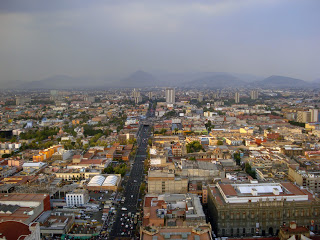 ASHEBORO, N.C. — Water runs from our taps, and we store it in bottles, coolers and refrigerators.
ASHEBORO, N.C. — Water runs from our taps, and we store it in bottles, coolers and refrigerators.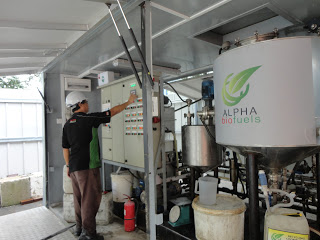 Singapore –- the East Asian city-state –- is known worldwide as a leader in urban cleanliness and environmental stewardship. Visitors to Singapore discover a bustling multicultural metropolis where towering skyscrapers soar above charming British colonial architectural, and where an abundance of tourist sites, glamorous shopping centers, and food courts buzz with activity seven days a week. As one of the world’s most densely populated metropolitan areas, both the government and citizens of Singapore are proud of the nation’s leadership in urban efficiency, quality of life, and environmentalism.
Singapore –- the East Asian city-state –- is known worldwide as a leader in urban cleanliness and environmental stewardship. Visitors to Singapore discover a bustling multicultural metropolis where towering skyscrapers soar above charming British colonial architectural, and where an abundance of tourist sites, glamorous shopping centers, and food courts buzz with activity seven days a week. As one of the world’s most densely populated metropolitan areas, both the government and citizens of Singapore are proud of the nation’s leadership in urban efficiency, quality of life, and environmentalism.
